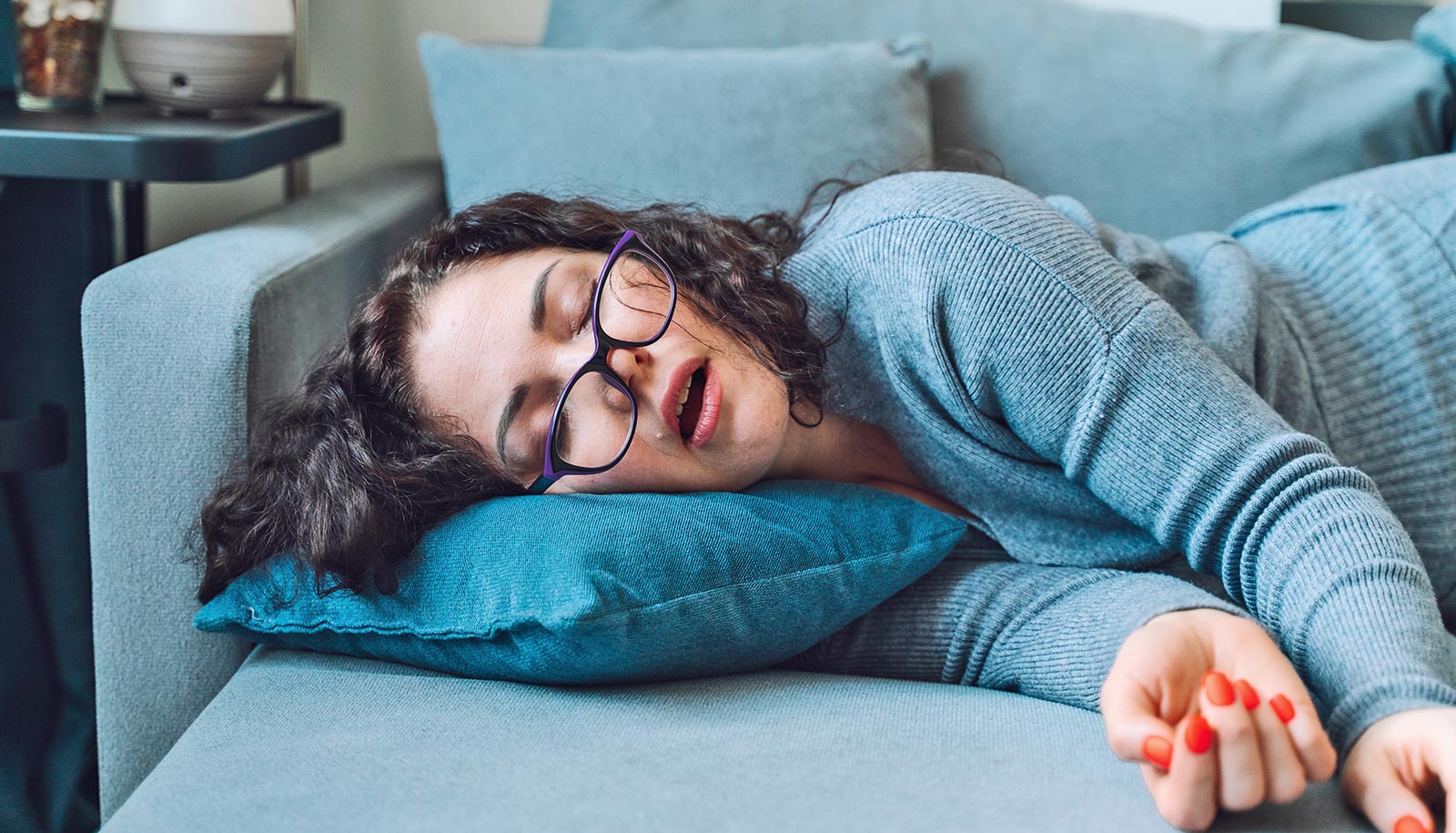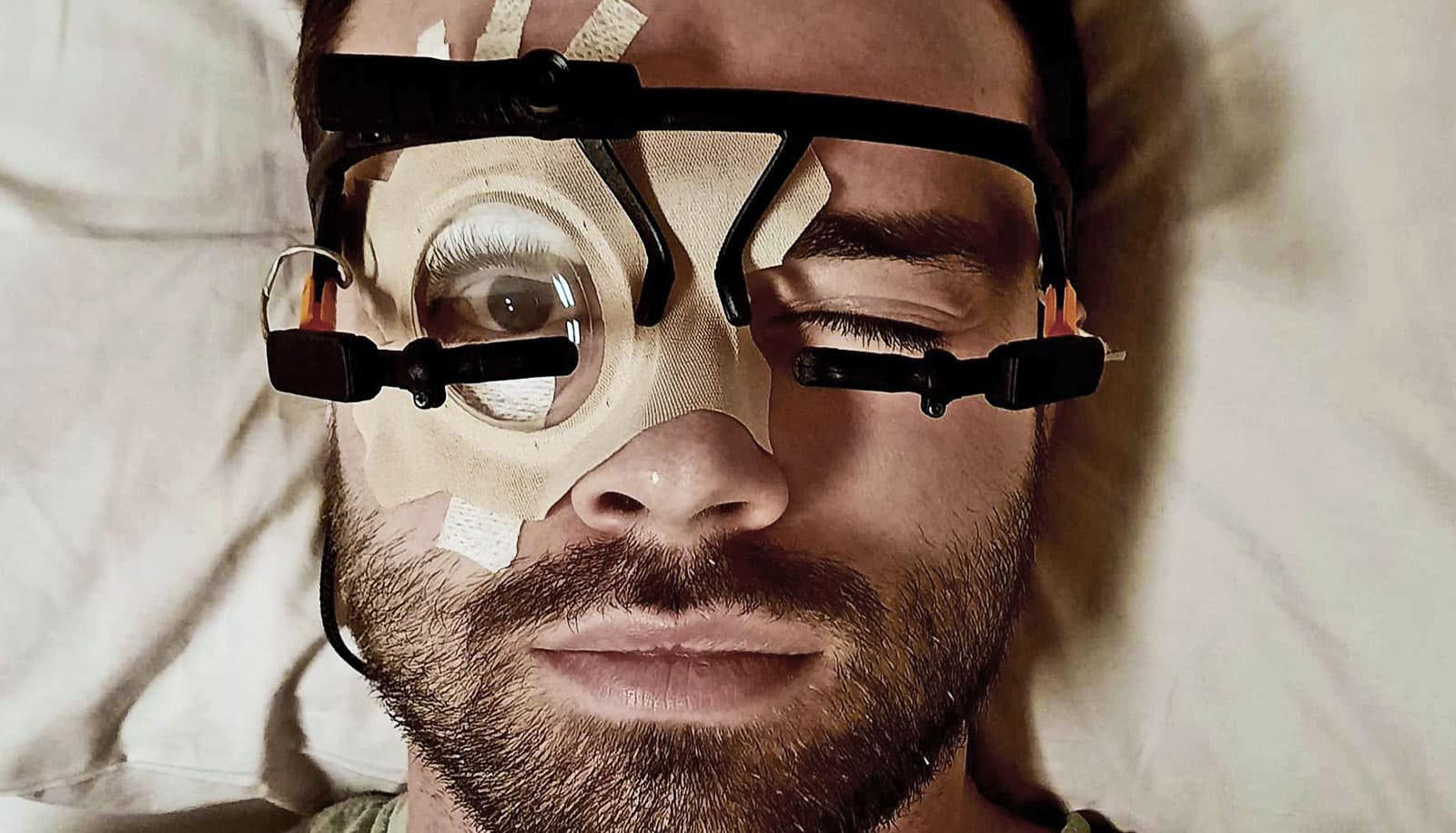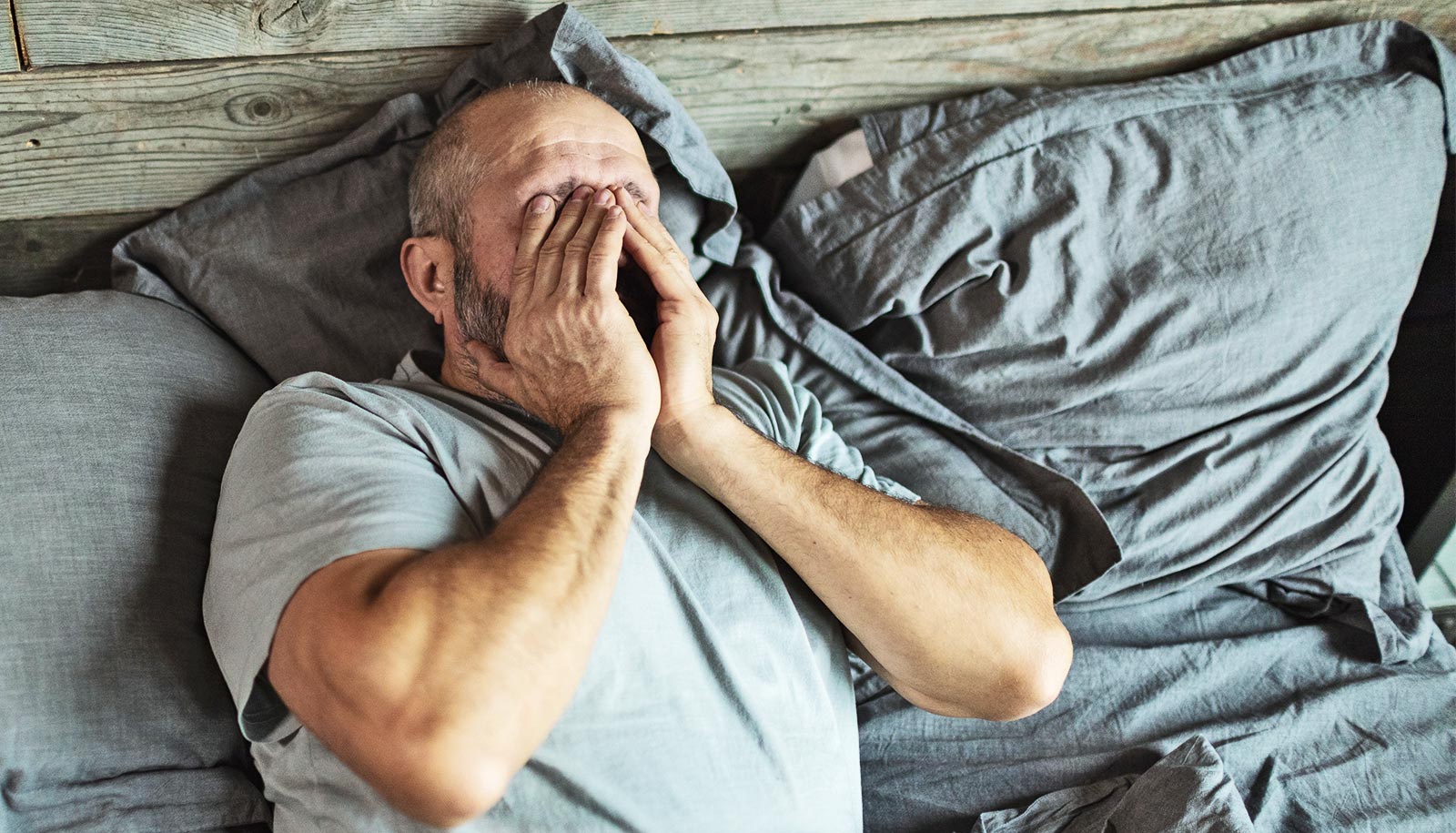Daylight saving time occurs this Sunday—a sign of spring to come, but perhaps also of disrupted sleep.
Xue Ming, a neurology professor at Rutgers New Jersey Medical School, explains how daylight saving time can affect your health and what you can do to prepare.
“Humans have a circadian rhythm, or biologic clock, that is slightly over 24 hours, so we are constantly adapting to 24-hour cycles,” Ming says. “While most people do not have difficulty adapting to a one-hour change, some may experience difficulty in not being able to fall asleep or difficulty in rising an hour earlier. This can lead to daytime sleepiness, inattention, fatigue, and moodiness.
“To prepare your body for the time change, you may want to dim the ambient light earlier or wear sunglasses indoor in the evening. Take a shower in the morning rather than evening, eat dinner earlier, and turn off the TV and cell phones an hour earlier.
“In the morning, turn on a bright light or expose your eyes to daylight for 20 to 30 minutes before driving.”
Ming says that if you experience severe symptoms due to the time change, you can take 0.5 mg of melatonin in dim light one hour before your desired sleep time for five to seven days to make the circadian rhythm shift faster.
Source: Rutgers University



